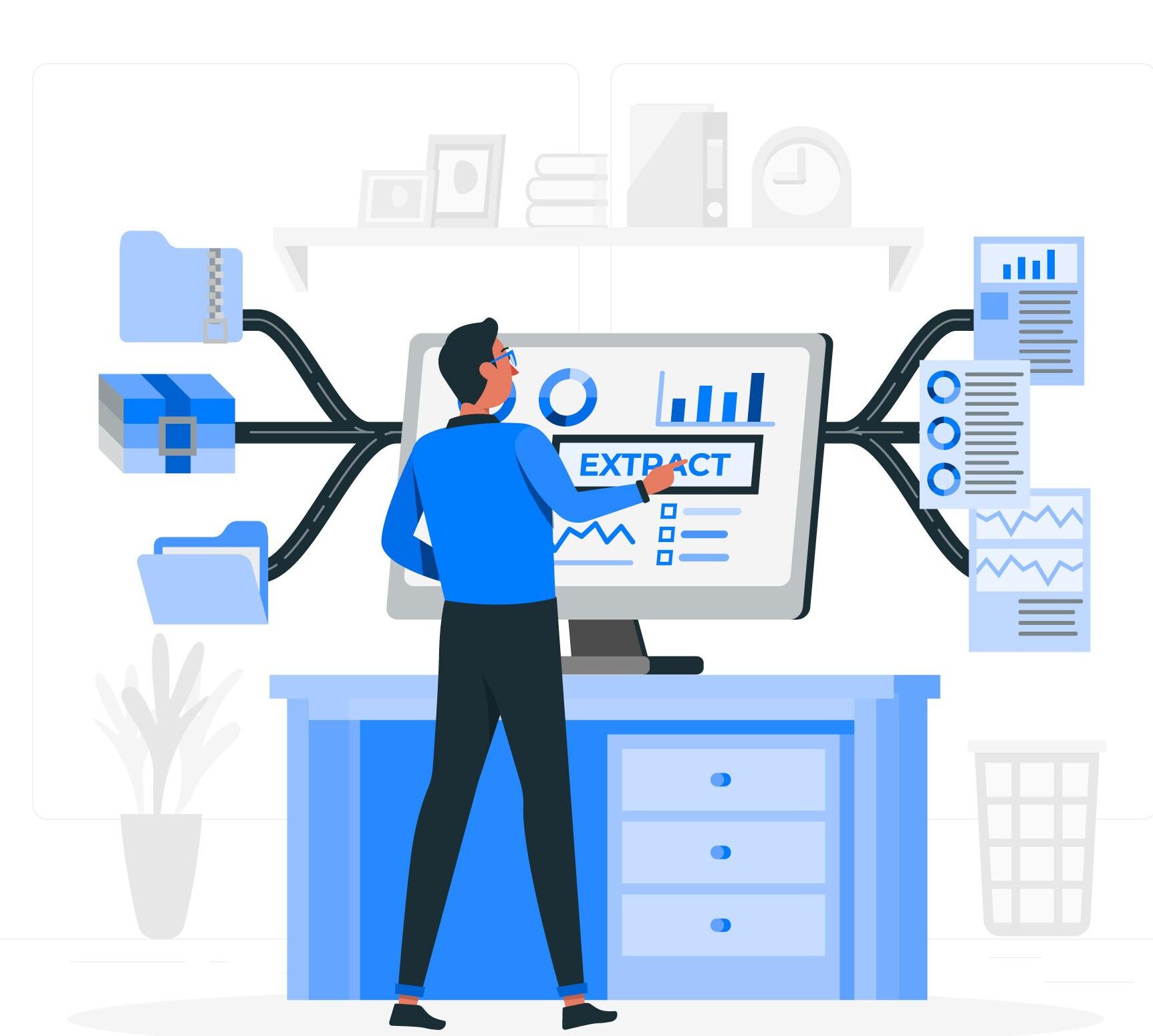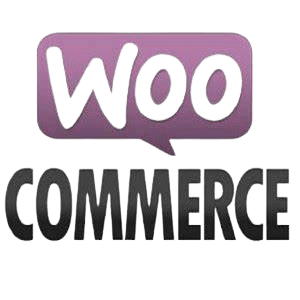This year, worldwide E-Commerce sales surpassed USD 4 trillion. As a result, the greatest moment to establish an E-Commerce store was yesterday, and the second-best time is now!
While the process of creating an online business and processing orders has been easier in recent years, there are still a lot of options. Choosing the finest E-Commerce Development Platforms is one such commitment that will decide your online business’s success or failure. To make this process easier, we’ve compiled a list of the best E-Commerce systems and analyzed them from every point so you can make the best decision possible. Let’s get started!
Before deciding on an E-Commerce Development Platform, there are a few things to think about.
Let’s have a look at a few factors that might impact your decision before we compare the best E-Commerce systems. These are some of them:
-
Customer-Centricity

Customer-centricity reigns supreme as E-Commerce enters the emotion economy. Brands that focus on their E-Commerce store’s UI/UX, value proposition, and omnipresence will stand out.
-
Headless vs. SaaS vs. Open Source

You may have come across the phrases open-source, SaaS, and headless while researching E-Commerce systems. Open-source systems are completely configurable, and the brand is responsible for everything from the website’s development to its security. You may effectively rent the platform established by a vendor using SaaS, or software-as-a-service. Finally, headless E-Commerce is a type of SaaS that focuses solely on the website’s commerce functionality.
-
Budget
 Naturally, one of the most important aspects to bear in mind while launching your business online is your budget. Consider the total cost of ownership when estimating the budget, which includes everything from design and development to hosting and maintenance.
Naturally, one of the most important aspects to bear in mind while launching your business online is your budget. Consider the total cost of ownership when estimating the budget, which includes everything from design and development to hosting and maintenance.
-
Integrations

Even the most advanced E-Commerce Development Platform can’t have it all. To compensate for these flaws, you’ll need to integrate with third-party programs and plugins to complete the work. As a result, the E-Commerce Development Platform should ideally allow a large number of connectors.
-
Roadmap for Implementation

The first step is to select the finest E-Commerce Development Platform. You must also plan till your website becomes live. As a result, you need a solution that is simple to use and provides the quickest turnaround time.
E-Commerce Development Platforms Worth Considering
Let’s have a look at the best E-Commerce systems now that you have a better idea of what you’re looking for:
Shopify 
Shopify is one of the most well-known E-Commerce systems. It presently has a market share of 29 percent of E-Commerce Development Platforms in the United States, which is not a first for Shopify.
Features
- The service is built on a subscription model.
- Customer management at its most basic.
- With editable HTML/CSS, it’s mobile-friendly.
- Bandwidth is limitless.
- Reporting skills are excellent.
Pros
- Extremely responsive and simple to use.
- It’s ideal for dropshipping.
- One-click selling apps are available.
Cons
- In terms of SEO and content marketing, it needs a lot of effort.
- There are no options for customizing the checkout process.
- Apps may be costly.
BigCommerce

BigCommerce has shown to be a popular choice in both the B2B and B2C markets, demonstrating its adaptability. While the learning curve is a little high at first, the payoff is definitely worth the effort.
Features
- Whether it’s a subscription-based service or standalone software, there’s something for everyone.
- Customer segmentation allows for better customer management.
- The structure is mobile-friendly.
- Bandwidth is determined by the host.
- Reporting that is advanced and in-depth.
Pros
- Sells well through a variety of outlets.
- When it comes to SEO, he excels.
- Scalable and adaptable.
Cons
- Load speeds might be unpredictable.
- One-click selling is not available.
- Stores with a large volume of sales are compensated extra.
WooCommerce

WooCommerce, on the other hand, is not strictly an “E-Commerce Development Platform,” but rather a free plugin that turns any WordPress site into an online store. WooCommerce has proven to be an ideal stepping stone for small enterprises just starting started, thanks to the familiarity provided by the WordPress ecosystem.
Features
- Software that must be installed on a server on its own.
- Only plugins allow you to manage your customers.
- The mobile-friendliness of a theme is determined by the theme.
- Bandwidth is determined by the host.
- Reporting skills are excellent.
Pros
- It has excellent SEO skills.
- Multiple service providers are supported.
- One-click selling apps are available.
Cons
- Debugging and troubleshooting are difficult.
- Several extensions and integrations are required.
- Hosting may be costly.
Magento

While Magento has a reputation for being difficult, it also merits praise for its sophisticated features, such as SEO, customization, and integration. Furthermore, the release of Magento 2 has catapulted the platform to new heights.
Features
- The service is built on a subscription model.
- Customer management at its most basic.
- Mobile-friendly.
- There is no limit to the amount of bandwidth you may use.
- With in-depth and comprehensive reporting, this is one of the greatest analytical modules available.
Pros
- Custom features and functionality abound.
- Search engine optimization is effective.
- Apps make one-click selling feasible.
Cons
- Themes have a disproportionately high price tag.
- Slowing down and problems with performance.
- High-level E-Commerce development abilities are required.
Wix

Wix is yet another entry-level E-Commerce Development Platform that enables businesses to have an online presence without the need for coding or programming. At the same time, it does not make any concessions in terms of personalization. In other words, for most firms, it’s a win-win situation.
Features
- The service is built on a subscription model.
- Customer management at its most basic.
- It’s mobile-friendly, and you can edit it on your phone.
- There is no limit to the amount of bandwidth you may use.
Pros
- Provides several beautiful free themes.
- It’s simple to set up and utilize.
- Supports the automation of E-Commerce marketing.
Cons
- In terms of SEO, it falls short.
- Amazon integration is lacking.
- Upselling and cross-selling talents are disappointing.
Squarespace

Squarespace turned out to be a surprise winner, capturing a sizable market share among the top E-Commerce Development Platforms! The platform’s ability to allow individuals with little technical knowledge to construct rich and entertaining websites can be attributed to its expanding popularity.
Features
- The service is built on a subscription model.
- Customer management at its most basic.
- It’s mobile-friendly, and you can edit it on your phone.
- There is no limit on your bandwidth or storage.
- Excellent analytics and reporting.
Pros
- Setup is quick and simple.
- Ideal for small businesses.
- Provides appealing template designs.
Cons
- Allows for E-Commerce integration.
- Customer service is limited.
- There are just a few payment gateways accessible.
How do you know that you have made the decision?
The information provided above might assist you in selecting the finest ECommerce Development Platforms for your company. As previously said, this decision is only the beginning; you must now think about how you will achieve your aim of constructing a website. Consider your store’s future preparedness while creating such a blueprint. Create an image for your store with Adsthrive, Digital Marketing Agency For eCommerce to increase your stores online visibility.
The E-Commerce market is already saturated, and the competition is only going to become tougher in the future. Against this backdrop, allowing flexibility for growth and improvement will ensure long-term corporate viability. One step in this manner is to provide the groundwork for marketing automation.
As a result, you’ll need to take steps now to make future concerns easier. Build your store on a solid platform, integrate paid media, and integrate with a smart CRM, and the list goes on.
This path you want to journey on will undoubtedly be full of twists, turns, and even roadblocks. Having a trustworthy and loyal companion on this trip might help to mitigate the impact of such challenges. No.1 Digital Marketing Agency in Bangalore – AdThrive’s industry-leading technology boosts growth and engagement with patented content optimization tailored to each publisher, hands-on keyword research, and enhanced ad code. And make you a lot more money in the process. Please contact our specialists to learn more about how we can assist you, and we’ll take care of the rest!



